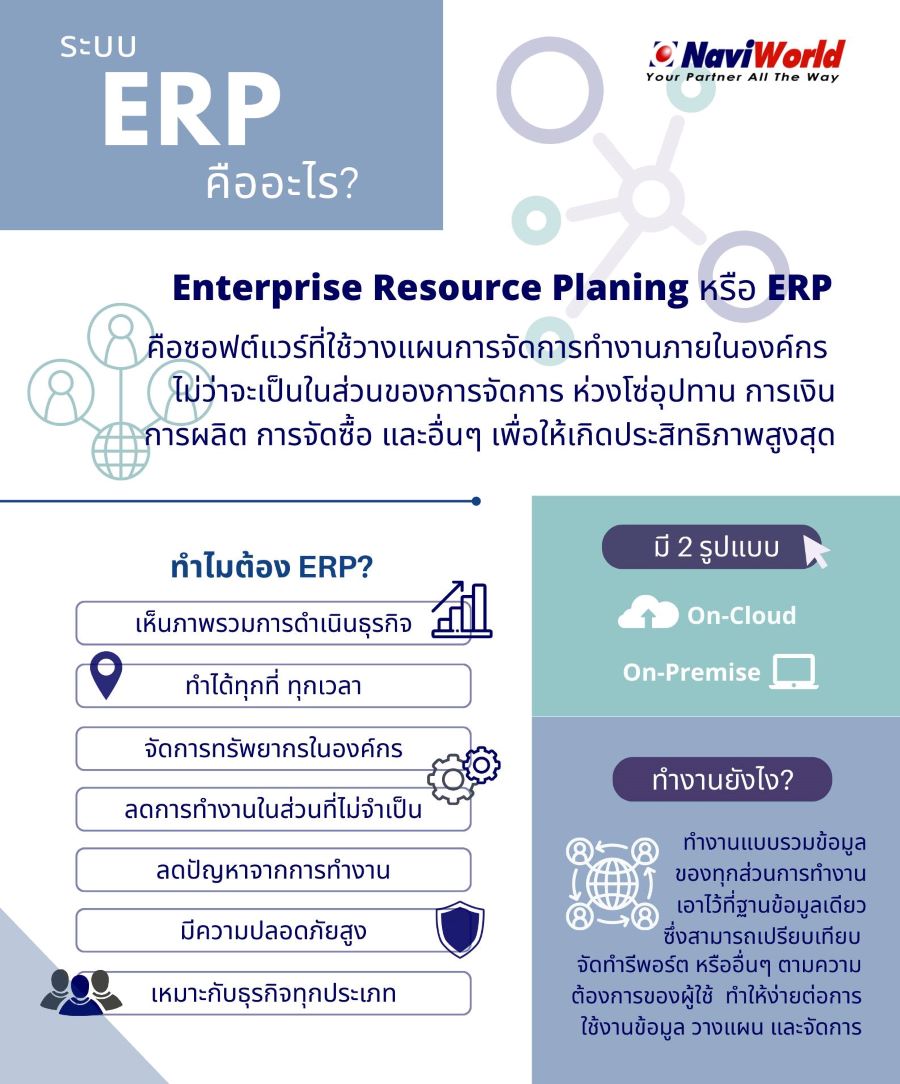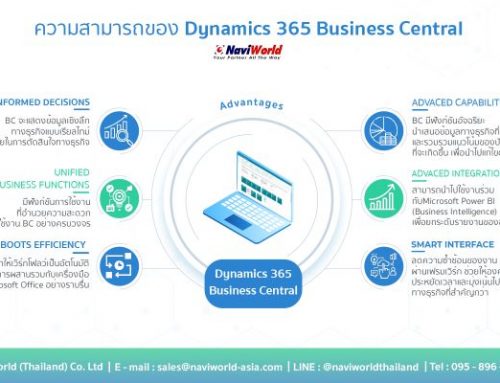ERP (Enterprise Resource Planning), is software designed to facilitate planning and management within an organization. It consolidates all data into a centralized database, enabling executives and other departments to quickly access the information they need. This integration allows different units within an organization to collaborate more efficiently.
What Systems are Included in ERP?
ERP operates through the integration of several subsystems, which together enhance organizational data management. These include:
- Financial Management System
Handles information from purchasing, sales, and other departments. It calculates totals and can generate graphical reports for easy understanding.
- Human Resource Management System
Assists in employee performance evaluation, training schedules, attendance tracking (including leave and tardiness), and expense claims (such as explain and claim processes). It also helps with budget planning for future staffing.
- Procurement System
Improves the efficiency of invoice and quotation creation. It automatically sends financial data to the finance system, reducing redundancy and saving time.
- Data Management System
Allows all departments to easily access comprehensive reports. ERP can also convert reports into easy-to-read graphs and provide a clear overview.
-
Executive Management System
Thanks to ERP’s easy-to-understand reporting features, executives can quickly access data and use it for strategic planning for future business initiatives.
- Other Systems
ERP can be customized or developed to meet specific business requirements.
Types of ERP Systems
ERP systems generally fall into two categories: Cloud-based ERP and On-Premise ERP. Here’s a breakdown of each:
- Cloud-Based ERP
This type of ERP is hosted on cloud servers, making it convenient to access from anywhere via the internet or mobile devices.
Key Advantage: Easy access from anywhere using an application.
- On-Premise ERP
Installed on local hardware or servers within the organization.
Key Advantage: Higher data security, but lacks the remote accessibility of cloud systems.
ERP systems empower organizations by integrating various departments, streamlining operations, and enabling data-driven decision-making across all levels.






